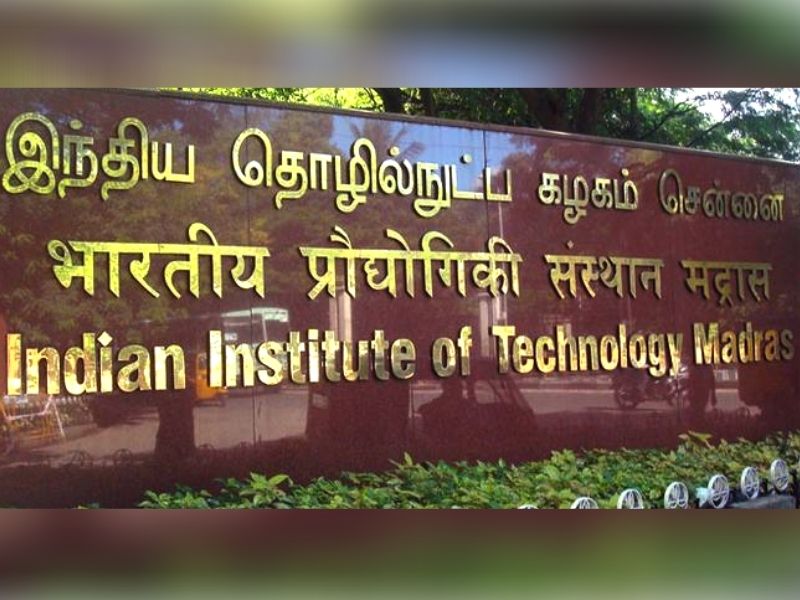Indian Institute of Technology Madras researchers have identified a bacterium that can turn agricultural waste into industrial enzymes through a cost-effective and environment-friendly process.
Industrial enzymes such as alpha-amylase and cellulase are in high demand in various industries that deal with textiles, paper, detergents, and pharmaceuticals. The IIT Madras researchers studied how a bacteria called ‘Bacillus sp PM06’ can aid in producing industrial enzymes and value-added products from agricultural waste.
The study was conducted by Prof. Sathyanarayana N. Gummadi, faculty of the Department of Biotechnology, IIT Madras and Ms. Rekha Rajesh, Research Scholar, IIT Madras. The findings of the research have been published in the reputed peer-reviewed journal Biomass Conversion and Biorefinery (https://doi.org/10.1007/s13399-022-02418-z).
Highlighting the key applications of the research, Prof. Sathyanarayana N Gummadi, said, “The organism which we have isolated has a fermentation capacity to hydrolyse very low-cost lignocellulosic wastes without pre-treatment, thus reducing the cost of bioprocess for production of enzymes and industrial metabolites.”
Further, speaking on how this research compares with existing technology, Prof. Sathyanarayana N Gummadi, said, “The most challenging aspect of bioconversion is the development of a one-step process which includes pre-treatment, enzyme hydrolysis and microbial fermentation thus minimizing environmental impact. Many researchers are focused on isolating single microorganism producing multiple enzymes to solve the issues. But, IIT Madras researchers are successful in isolating a novel strain from sugarcane pressmud.”
The unique aspects of this Research are:.
⮚ The study demonstrated simultaneous saccharification and fermentation of different agro residues by a single novel organism.
⮚ This research is unique because it takes a sustainable and environmentally friendly approach, producing renewable biofuels.
⮚ This study is of great relevance as it works on the principles of biomass-based biorefineries, which offer potential benefits for energy and environmental sustainability
Every year nearly 100 to 150 tonnes of biomass are produced. Recently, there is a high interest worldwide to make use of agricultural waste to produce industrial enzymes and second-generation ethanol as an alternative fuel source.
The three main agricultural residues are:
⮚ Wheat bran
⮚ Sago waste
⮚ Rice bran
These residues are inexpensive and have a high potential to produce industrial enzymes. However, the complex structure of these residues makes it difficult to hydrolyze the enzymes. The pre-treatment process that is required to do the same is also costly.
Thus, the researchers studied the bacteria, Bacillus sp PM06, which was isolated from sugarcane waste press mud. This bacterium helped in the production of industrial enzymes and value-added products from agricultural waste. The wheat barn was found to be the most effective substrate followed by sago waste and rice barn. In addition, this process was cost-effective and environment-friendly.
Also Read: IIT Madras partners with African-Asian Rural Development Organization
Posted in Campus, News


























